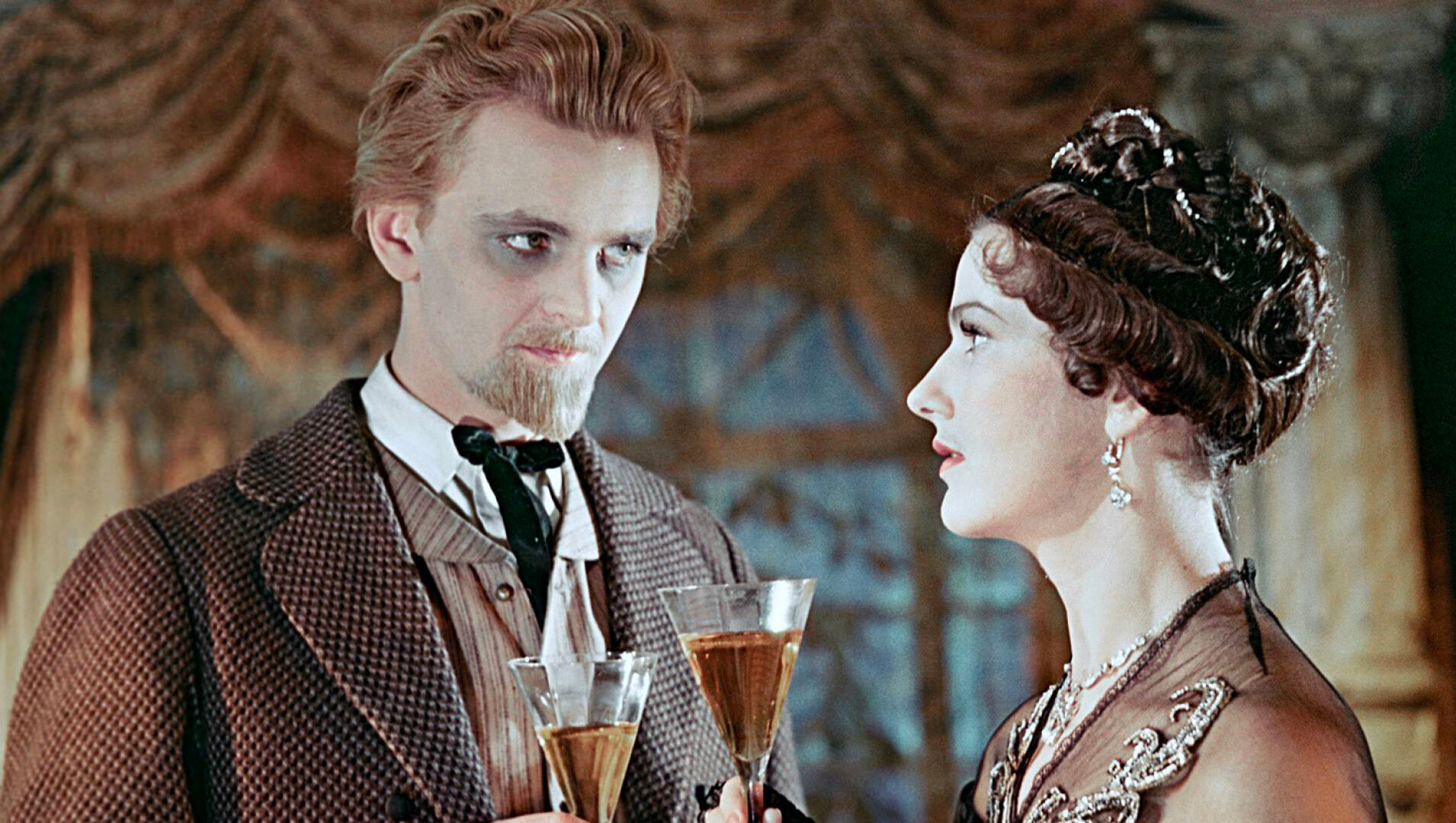
Young, incredibly pure in his thoughts, Prince Myshkin has been traveling around Europe for several years and now he returns to Russia. At home, he falls in love with a femme fatale named Nastasia Filippovna…
The movie was shot by Stalin's favorite director, Ivan Pyryev. The plot, however, does not cover the whole novel. It was supposed to have a sequel, which never ended up being made. In 1958, more than 30 million watched the movie in the USSR and the ‘Soviet Screen’ magazine proclaimed ‘The Idiot’ as the best movie of that year.
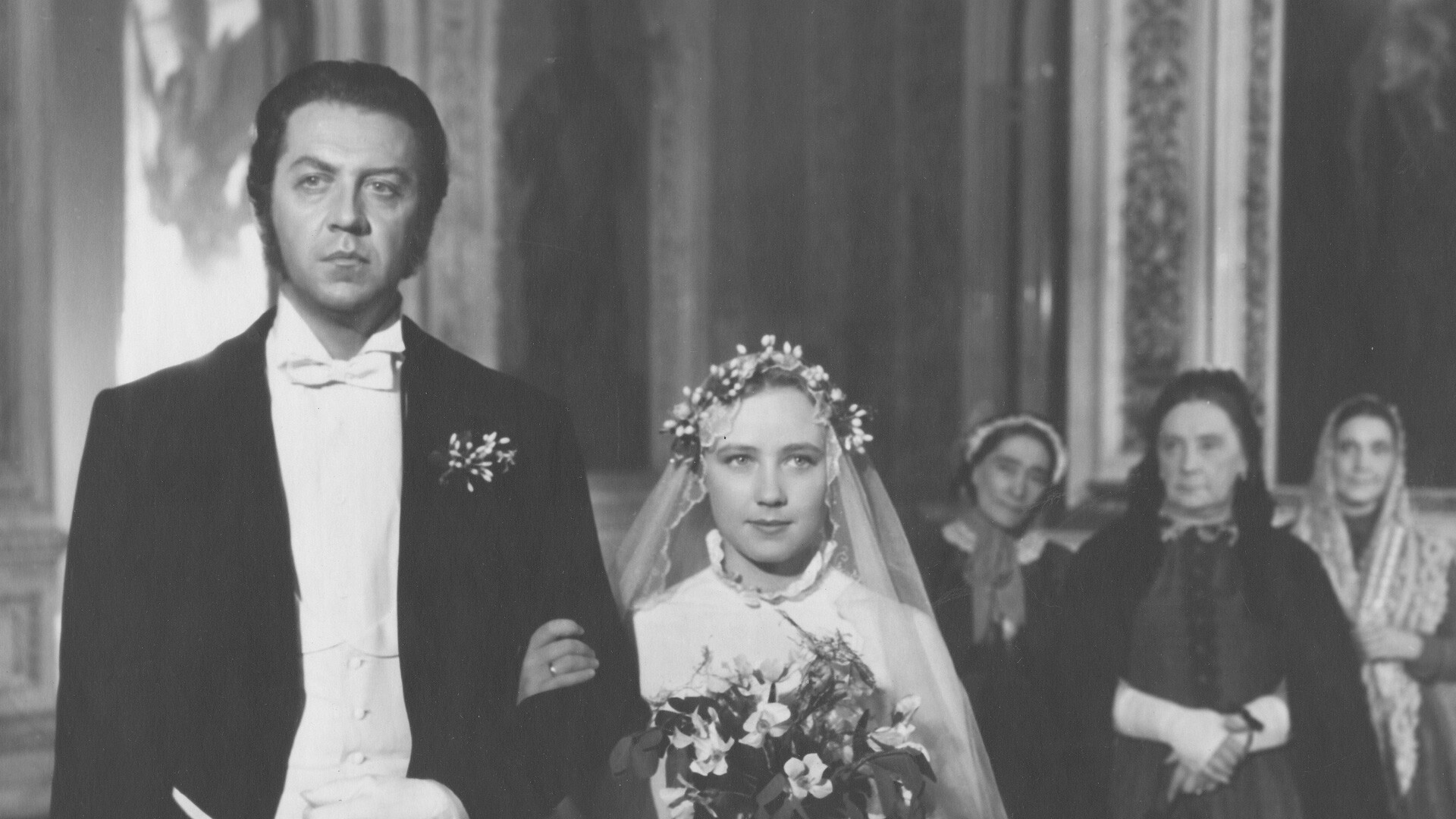
Because of her poverty, an unfortunate young woman is forced to marry a moneylender she despises. Dostoevsky's short late story faded in the shadow of his famous novels. And yet, it had a great influence on art. For example, it was a favorite piece of Edvard Munch, the famous Norwegian expressionist painter.
The story of the poor maiden inspired actor Alexander Borisov to make his directorial debut. In his movie, he conveyed the atmosphere of Dostoevsky's St. Petersburg with great attention to detail. The role of the 'Gentle Creature' was played by Iya Savvina. For the actress, it was also one of her first roles to be lauded by critics.
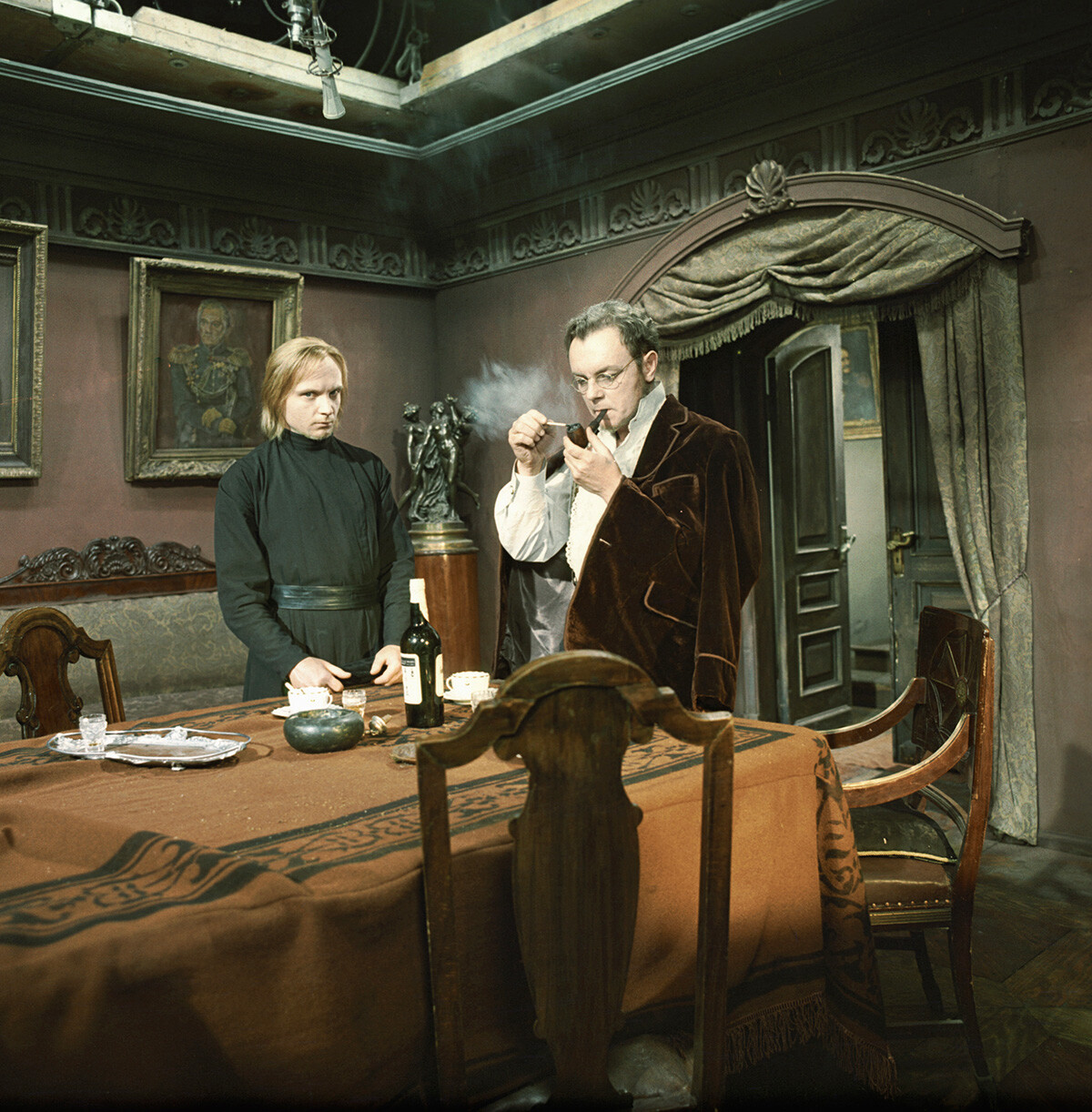
Fyodor Karamazov has three sons, but they have never been on good terms. And now, one of them is suspected of killing his father, because of a woman and money. But, who is really the murderer?
Another screen adaptation of Dostoevsky from director Piryev – and his last movie, which he did not manage to complete. The main roles were played by cult actors, Kirill Lavrov and Mikhail Ulyanov. They also took on the task of finishing the movie for the late maestro. The success was huge: the very next year, ‘The Brothers Karamazov’ was nominated for an Oscar in the ‘Best Foreign Language Film’ category.
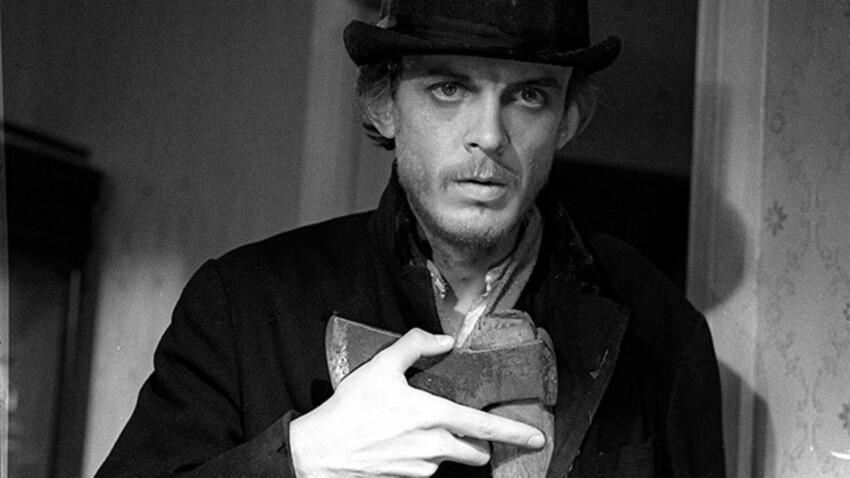
A poor student named Rodion Raskolnikov decides to kill an old pawnbroker lady, in order to see whether he is a “trembling creature” or a man who “has the right”. In the end, he suffers terribly from the crime he committed.
The main character was one of actor Yury Taratorkin’s first roles, eventually becoming his most famous ever role. Already famous actor Innokenty Smoktunovsky, meanwhile, played the investigator. Lev Kulidzhanov's movie is full of expressionism and nervous sharpness, matching the rhythm of the novel. The movie even won the Soviet State Film Award in 1971.
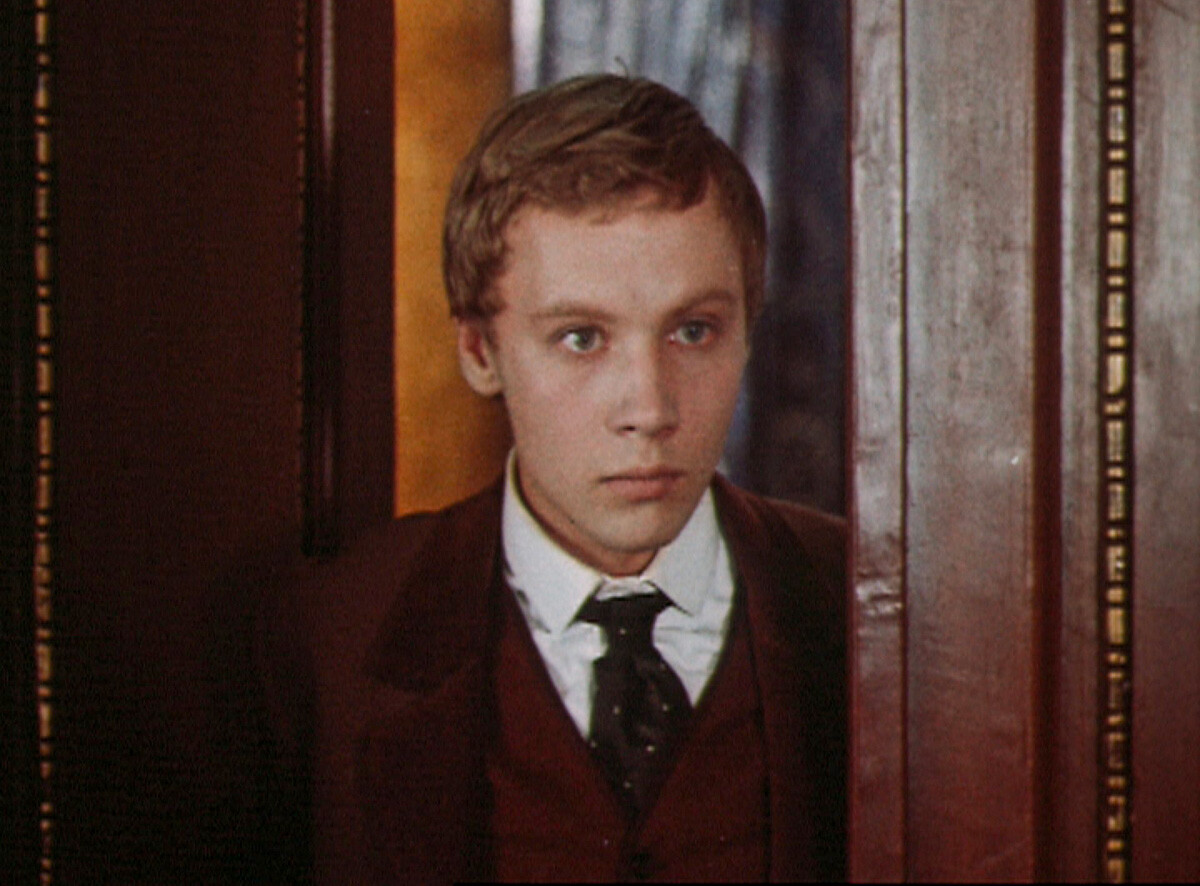
A 19-year-old adolescent has just graduated from gymnasium and travels to St. Petersburg. The proud young man is suffering because of his position in society, as he is an illegitimate son and has a complicated relationship with his father. The teenager has yet to find his way in life and dreams of becoming a powerful man.
The director of the six-episode TV miniseries was Evgeny Tashkov, known for the movie ‘The Adjutant of His Excellency’ (1969). Critics praised him for his careful approach to the original material and for how voluminously he depicted the “irritatingly contradictory” nervous teenager.
Dear readers,
Our website and social media accounts are under threat of being restricted or banned, due to the current circumstances. So, to keep up with our latest content, simply do the following:
If using any of Russia Beyond's content, partly or in full, always provide an active hyperlink to the original material.
Subscribe
to our newsletter!
Get the week's best stories straight to your inbox